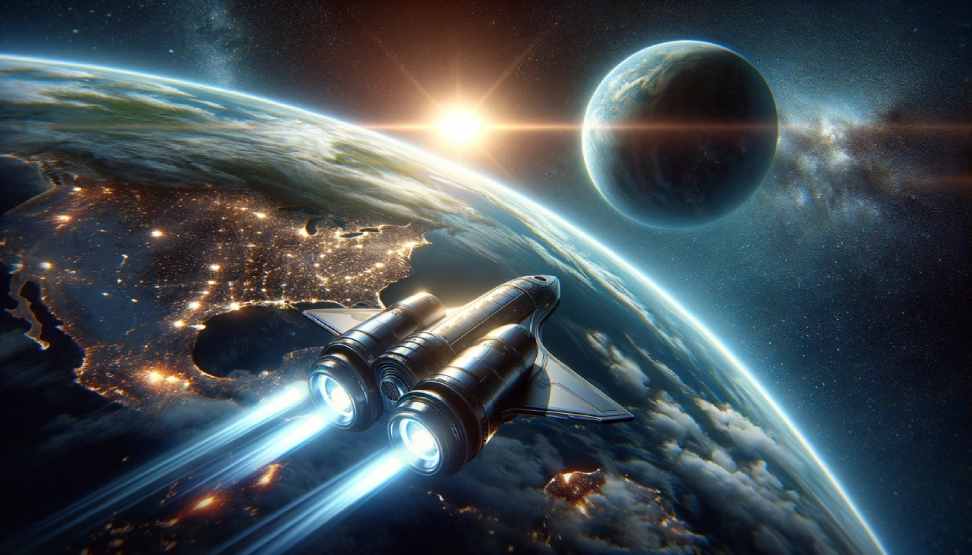Alphaexch247, Kabook Login, VL Book: Space tourism presents a myriad of challenges, ranging from the high cost of space travel to the physical and psychological effects on passengers. The most prominent obstacle hindering the widespread adoption of space tourism is the exorbitant price tag associated with such trips. As of now, only a select few affluent individuals have been able to afford the luxury of experiencing space travel, with costs reaching millions of dollars per trip.
In addition to financial hurdles, the health and safety of space tourists remain a significant concern. Space travel can have adverse effects on the human body, such as muscle atrophy and bone density loss, which pose risks to the well-being of passengers. Moreover, the psychological impact of space travel, including the potential for claustrophobia and disorientation, must be carefully considered to ensure the mental well-being of space tourists. Addressing these challenges is crucial to making space tourism more accessible and sustainable in the future.
Current Players in the Space Tourism Industry
SpaceX, founded by Elon Musk, has made significant strides in the space tourism industry with its Crew Dragon spacecraft. The company has already sent astronauts to the International Space Station and has plans to offer commercial space flights in the near future. With its reusable rocket technology, SpaceX aims to lower the cost of space travel and make it more accessible to the public.
Virgin Galactic, led by Richard Branson, is another key player in the space tourism industry. The company has developed SpaceShipTwo, a suborbital spaceplane that is designed to take tourists on short trips to space. Despite facing setbacks and delays, Virgin Galactic remains committed to its vision of space tourism and continues to work towards achieving its goals.
Technological Advances Enabling Space Tourism
Tigerexch247, GX247, Mglionbet: Space tourism has seen significant advancements in recent years, largely due to the progress made in reusable rocket technology. Companies like SpaceX and Blue Origin have spearheaded the development of rockets that can be launched and landed multiple times, reducing the cost of space travel significantly. This technology has made it more feasible for commercial companies to offer space tourism experiences to a broader market.
Another key technological advancement enabling space tourism is the development of in-space habitats and transportation systems. Companies like Lockheed Martin and Boeing are working on creating spacecraft that can host passengers for extended periods of time in low Earth orbit or on the Moon. These habitats are essential for making space tourism a more comfortable and sustainable experience for travelers. Additionally, the advancements in life support systems and waste management technologies have made it possible for humans to live and travel in space for longer durations, opening up new opportunities for space tourism ventures.
� Reusable rocket technology has significantly reduced the cost of space travel
� SpaceX and Blue Origin have been leaders in developing reusable rockets
� In-space habitats and transportation systems are being developed by companies like Lockheed Martin and Boeing
� These habitats are essential for making space tourism a more comfortable experience
� Advancements in life support systems and waste management technologies have enabled longer duration space travel
What are some of the challenges of space tourism?
Some of the challenges of space tourism include high costs, safety concerns, environmental impact, and regulatory issues.
Who are some of the current players in the space tourism industry?
Some of the current players in the space tourism industry include SpaceX, Blue Origin, Virgin Galactic, and Space Adventures.
What are some of the technological advances enabling space tourism?
Technological advances enabling space tourism include reusable rocket technology, advancements in spacecraft design, and improvements in life support systems.
Have A Look :-
- The Basics of Betting Lines
- Betfair Trading Blog: Tips and Insights
- What Is An Etf (Exchange Traded Fund)?

